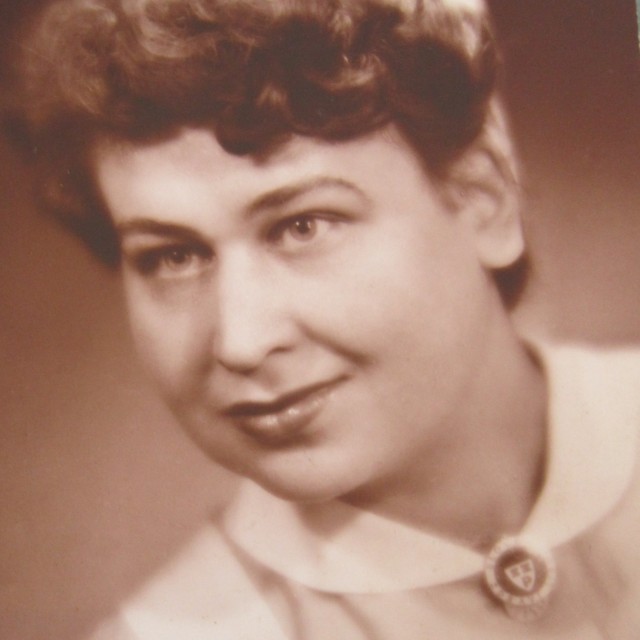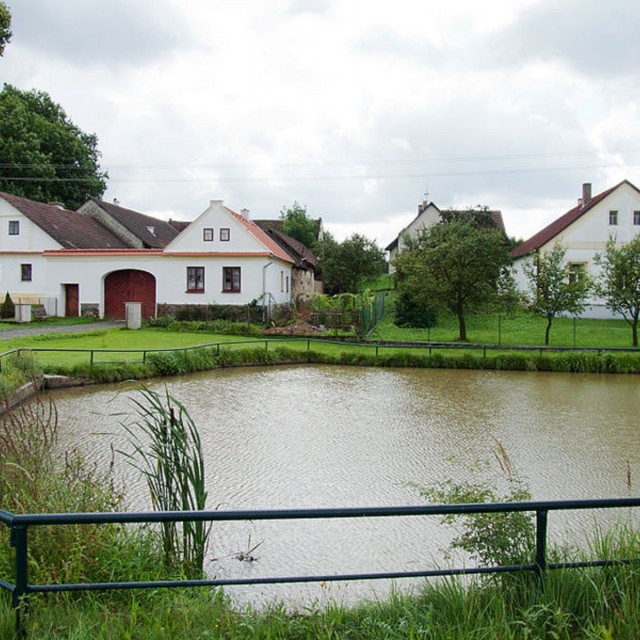One Hitler has gone and another one has come
Juliána Lápková witnessed the persecution of her family during the era of the agricultural collectivization of the countryside. Her father, Václav Pecháček, continually refused to incorporate his native farmstead in Vřesce into the local collective farm. Therefore, the communist officials imposed an unrealistically high supply quota of agricultural products on him. When he wasn’t able to deliver, he was arrested on November 8, 1951, for the alleged crime of endangering the supply of the socialist economy. He was sentenced to six months in prison and a fine of twenty thousand crowns was imposed on him. “My father had no money, so they took our cattle to repay his debt”, says Juliána Lápková, who studied at a nursery school in Tábor at the time of her father’s arrest. She could not continue her studies and had to return to the family farmstead to take care of it. She was sixteen years old at that time and had to take care of the farm all by herself. “My grandmother was seventy-six years old by then. She wasn’t able to work anymore. She was a tiny old woman. She would just stretch her arms to the sky and say: ‘One Hitler has gone and another one has come. What are we going to do now?’ I took care of a herd of sixteen cattle, about thirteen pigs, around fifty hens, forty rabbits and some goats and not a single animal died. I even assisted one cow with calving. Well, she didn’t need much help in fact but I was there. Juliána adds that her father was able to resist the collectivization of their farm until his death in 1958. Only after his death did the communists incorporate her native farmstead into the farms collective.
Hodnocení
Hodnotilo 0 lidí
Routes
Not a part of any route.
Comments
No comments yet.



